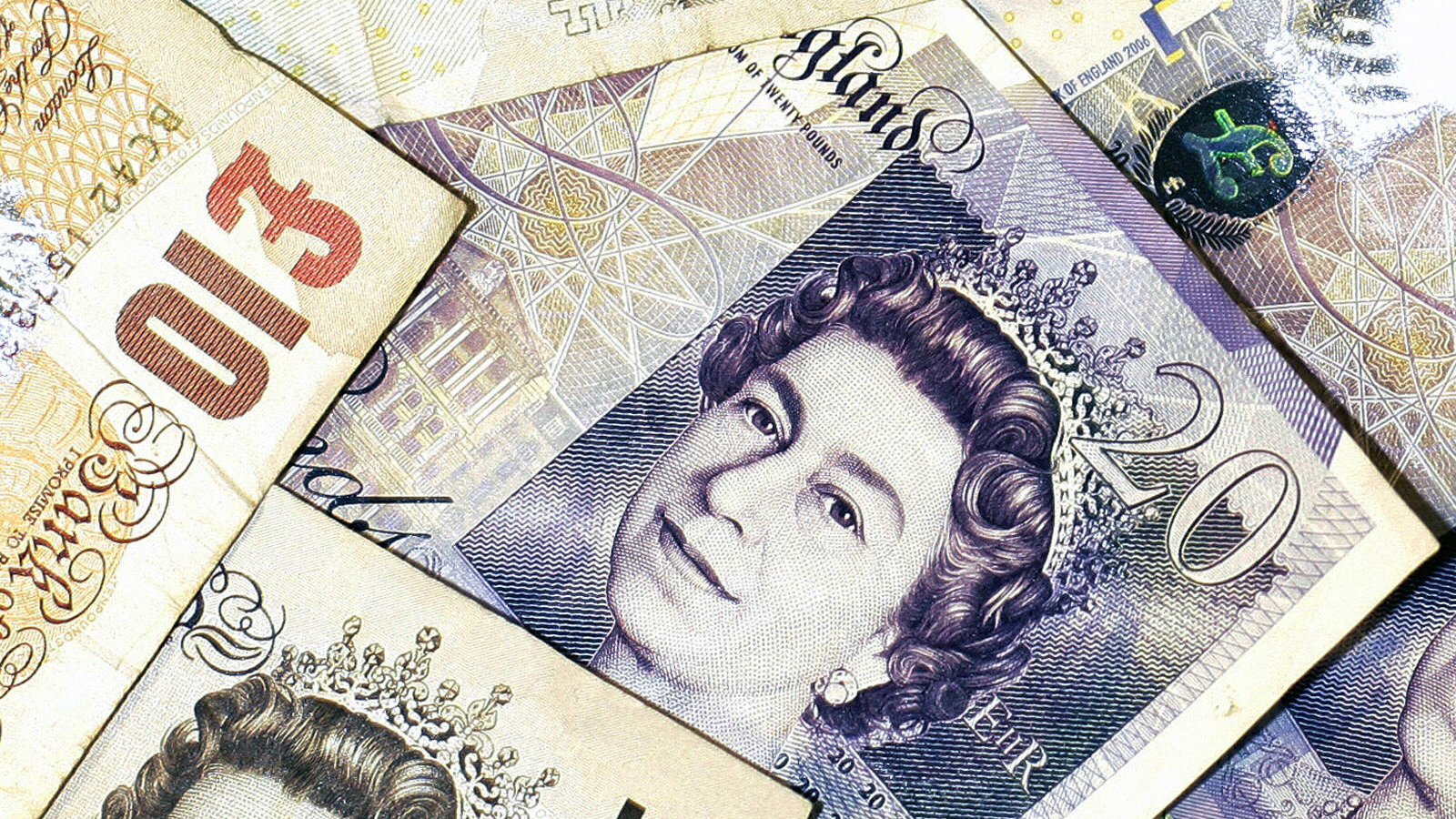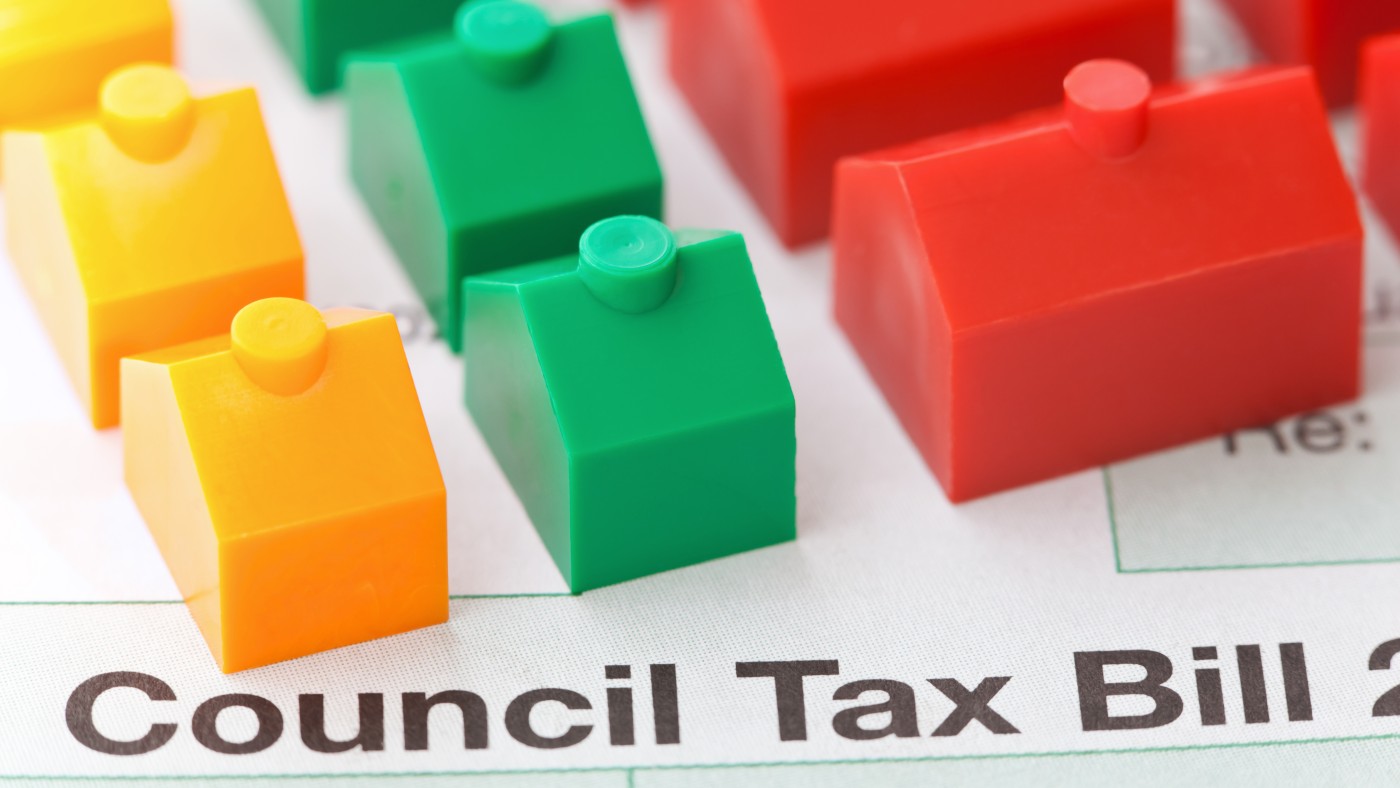How you can lower your council tax bill
Average household in England facing £75.60 hike in rates from April

A free daily email with the biggest news stories of the day – and the best features from TheWeek.com
You are now subscribed
Your newsletter sign-up was successful
Council tax bills across England are set to rise by an average of 4.5% from April - the second biggest increase in a decade, new research reveals.
A survey of local authorities by the Chartered Institute of Public Finance and Accountancy (Cipfa) found that the average Band D household is set to pay £75.60 more in 2019-20.
The increase follows an even heftier hike last year of 5.1%, or £80.92.
The Week
Escape your echo chamber. Get the facts behind the news, plus analysis from multiple perspectives.

Sign up for The Week's Free Newsletters
From our morning news briefing to a weekly Good News Newsletter, get the best of The Week delivered directly to your inbox.
From our morning news briefing to a weekly Good News Newsletter, get the best of The Week delivered directly to your inbox.
“The extent of the rises across the country are a reflection of the incredible fiscal pressure faced by local authorities and police,” Cipfa chief executive Rob Whiteman told The Independent. ”Without a bolder vision from government, the future of these services is increasingly being put at risk.
“Council tax is regressive, and increasingly divorced from the reality of property values. They will not be sufficient to meet rising demand for services such as adult and increasingly children’s social care.”
Here’s how you may be able to lower the amount you pay ahead of the latest increases.
Check your house is in the right band
A free daily email with the biggest news stories of the day – and the best features from TheWeek.com
Official figures “suggest that one in 20 homes are in too high a council tax band, whilst some reports suggest that the figure is far higher - arguing that the original valuations were poorly carried out and wildly inaccurate in some cases”, says Money.co.uk.
Most homes in England were put into council tax bands in 1993, and have not been reassessed since. This “means that over the last 20-plus years it is entirely possible that your home’s value has changed, meaning it should have moved changed bands too”, adds the website. Yet any such change will not have been reflected in any calculation of your council tax bills.
However, since the value of your home may have increased, it is worth doing some research before you take a complaint to your local council. You can search the Gov.uk website to find out the council tax band of any address.
“If you find that your neighbours’ homes are in lower bands than your own, you may have grounds for an appeal,” says Money.co.uk.
Should that be the case, you can contact your local office of the Valuation Office Agency (VOA) to find out if your tax band should be changed.
Council tax discounts and exemptions
There are some other circumstances in which you may get a discount on your council tax. This may be the case if you live alone; are a student; live with other students or with only one adult in full-time work; or are disabled.
There are also a small number of cases where you may be completely exempt from council tax, including if you live in a care home or hostel; your home is unoccupied and empty for up to six months (for example, while you’re in hospital); or if you or someone you live with has a severe mental impairment such as dementia or Alzheimer’s.
If you think you may be eligible, you can apply for a council tax discount or exemption here.
-
 The Olympic timekeepers keeping the Games on track
The Olympic timekeepers keeping the Games on trackUnder the Radar Swiss watchmaking giant Omega has been at the finish line of every Olympic Games for nearly 100 years
-
 Will increasing tensions with Iran boil over into war?
Will increasing tensions with Iran boil over into war?Today’s Big Question President Donald Trump has recently been threatening the country
-
 Corruption: The spy sheikh and the president
Corruption: The spy sheikh and the presidentFeature Trump is at the center of another scandal
